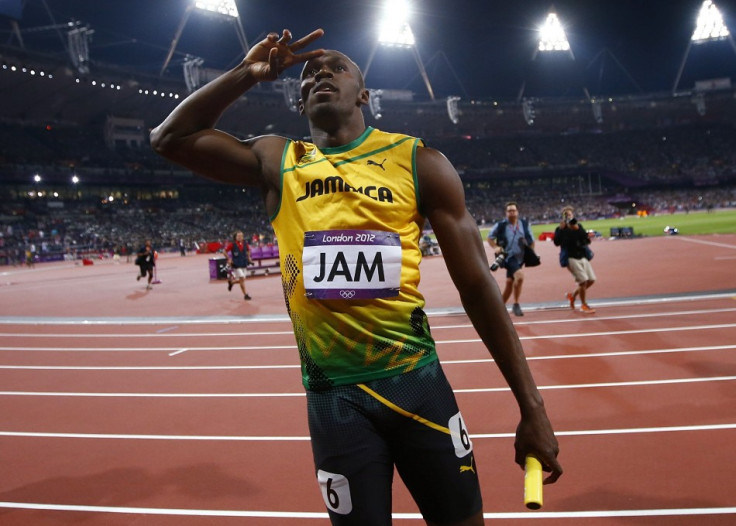London Anniversary Games Comes at the Perfect Time for Athletics' Tarnished Image

This weekend's London Anniversary Games was meant to be a celebration. A chance to embrace the triumphant re-generation of east-London, an opportunity to herald rising sporting participation across the country and the glorious return to a stadium which emblazons everything about London's Olympic heritage; the capital's feel-good factor was returning.
The reality is somewhat different. Instead, the Games evokes and inspires memories of immense sporting achievement - of Super Saturday, Sir Chris Hoy, Gemma Gibbons and Nicola Adams - rather than of further sporting success, that for at least a decade can't be legitimately measured. For now, the masking is acceptable, if not ideal.
Heading into the sport's return to London, athletics' cracks require similar surgery. Arguably the most high-profile athletics doping case for a quarter of a century broke just two weeks ago, with two of the fastest four men ever over 100m - Tyson Gay and Asafa Powell - testing positive.
Athletics is no stranger to a drug scandal, Ben Johnson and Marion Jones represent the sport at its' worst ebb. But after Lance Armstrong's doping programme was belatedly revealed last year - an albeit fraudulent example of sporting achievement offsetting near-tragedy - sport has sought to install belief and integrity in its world class performances.
The two-day Diamond League meeting in London is athletics' first high-profile opportunity since Gay and Powell, along with four other Jamaican athletes, were revealed as having tested positive for oxilofrine, to start rebuild the sport's reputation with the knowledge that the capacity for sporting achievement to combat scandel is unrivaled.
The International Association of Athletics Federations' (IAAF) flag bearer is six-time Olympic champion and 100m world record holder Usain Bolt. The 26 year old now faces questions over the validity of his own performances in the wake of the positives tests of his rivals. As the only sprinter of the world's top five not to have produced a positive test, you can understand not only why the questions are appropriate but why he is so important to the sport's future.
"I have to work even harder to help the country and the sport," Bolt said ahead of his appearance at this weekend's London Anniversary Games. "Now I'm even more focussed and ready to go and do better and try to inspire people and to show people that it is possible."
It's the same mantra that has been adopted prior to London 2012; memories of how sport's barriers were blown apart are rightly outlasting the questions regarding further sporting debate. Bolt hopes to reinvigorate a sport for which he is the outstanding standard bearer, by producing heroics on the track.
Like with London's infamous L-word, athletics must soon provide answers. For now, allow Bolt to paper over the tracks.
© Copyright IBTimes 2025. All rights reserved.





















